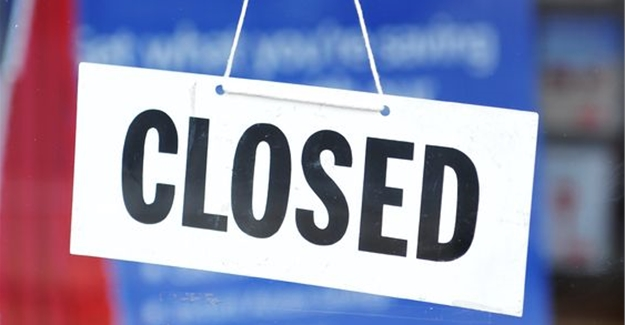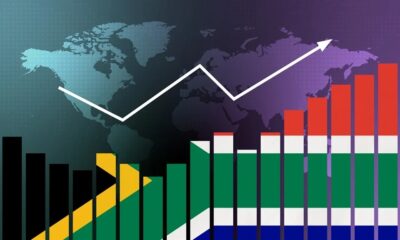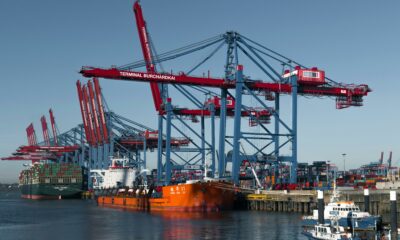Business
Business Closures Climb Again in South Africa as Growth Outlook Dims

141 companies shut their doors in May 2025, hinting at deeper cracks in the economic foundation
Another month, another blow to South Africa’s embattled business sector. According to Stats SA, 141 businesses closed down in May 2025, pushing the total number of liquidations to 623 for the first five months of the year.
It’s not just a number, it’s a sobering indicator of the persistent fragility in the economy, where confidence is low, growth is flat, and the costs of doing business continue to climb.
Liquidations Back on the Rise
While 2025 had, until now, shown a small decline in year-to-date liquidations compared to 2024, May brought a reversal. The number of business closures jumped by 12.8% year-on-year and not just because of voluntary shutdowns.
Of the 141 closures, 122 were voluntary, but 19 were compulsory, usually court-ordered and linked to insolvency. That’s an important distinction, because it points to more than routine corporate restructuring—it suggests growing financial distress.
Sectors hardest hit? Once again, the pain was most acute in finance, real estate, and business services (37 closures), followed by trade, catering, and accommodation (23 closures) all vital engines of employment and entrepreneurship in the country.
Behind the Numbers: A Warning Sign, Not Just a Statistic
Legal expert Craig Blumenthal from Fluxmans Attorneys previously cautioned that liquidation figures often reflect broader economic trends and that a spike like this may not be random.
In fact, a similar surge happened in October 2024, partly due to processing delays at the Master’s Office and court backlogs. But this time, the jump appears to reflect real-time financial pressure, not just paperwork piling up.
Blumenthal also noted that compulsory liquidations are particularly telling. A rise in these suggests businesses are not just downsizing, they’re being forced out by debt.
Small Dip, Big Trouble
Ironically, Stats SA reports that total liquidations are still 2.4% lower year-to-date than in 2024. But economists warn not to get too comfortable.
2024’s liquidation count, 1,551 for the year was already the lowest in a decade, partly due to pandemic fallout and administrative lag. So, a drop from a weak base isn’t necessarily progress.
And the recent uptick in compulsory closures, up 14% this year, sends a clear message: the pressure is intensifying.
Economic Growth: Stalling, Again
While liquidations are a visible symptom, South Africa’s sluggish GDP performance offers the broader context. In Q1 of 2025, the economy crawled forward by just 0.1%, after barely avoiding a recession in 2024 with 0.6% growth for the year.
With a population growing at about 1.5% annually, anything less means South Africans are getting poorer in real terms.
That’s the alarming trend. Despite early hopes for 2% growth in 2025, forecasts have plummeted. The latest Bloomberg consensus sits at 1.0%, and Investec’s Chief Economist Annabel Bishop has gone further, revising her forecast to just 0.9%.
Why It Matters: From the Corner Store to National Survival
Whether it’s a family-owned restaurant in Pretoria or a logistics firm in Durban, each liquidation means more unemployment, more bad debt, and less tax revenue.
The stakes are national. Bishop warns that unless Transnet can vastly improve its freight network, South Africa won’t see growth above 3% until the end of the decade. And without meaningful growth, the country faces deepening inequality and rising social pressure.
For now, businesses are in survival mode. And with uncertain power supply, crumbling infrastructure, and high interest rates, many are holding back on investment or simply closing up shop.
There are tools, like the Budget Facility for Infrastructure and reforms in rail and energy, but execution has been slow, and the patience of business owners is wearing thin.
Until real reforms take root, monthly liquidation reports will remain a barometer of economic pain one closure at a time.
{Source: BusinessTech}
Follow Joburg ETC on Facebook, Twitter , TikTok and Instagram
For more News in Johannesburg, visit joburgetc.com



























